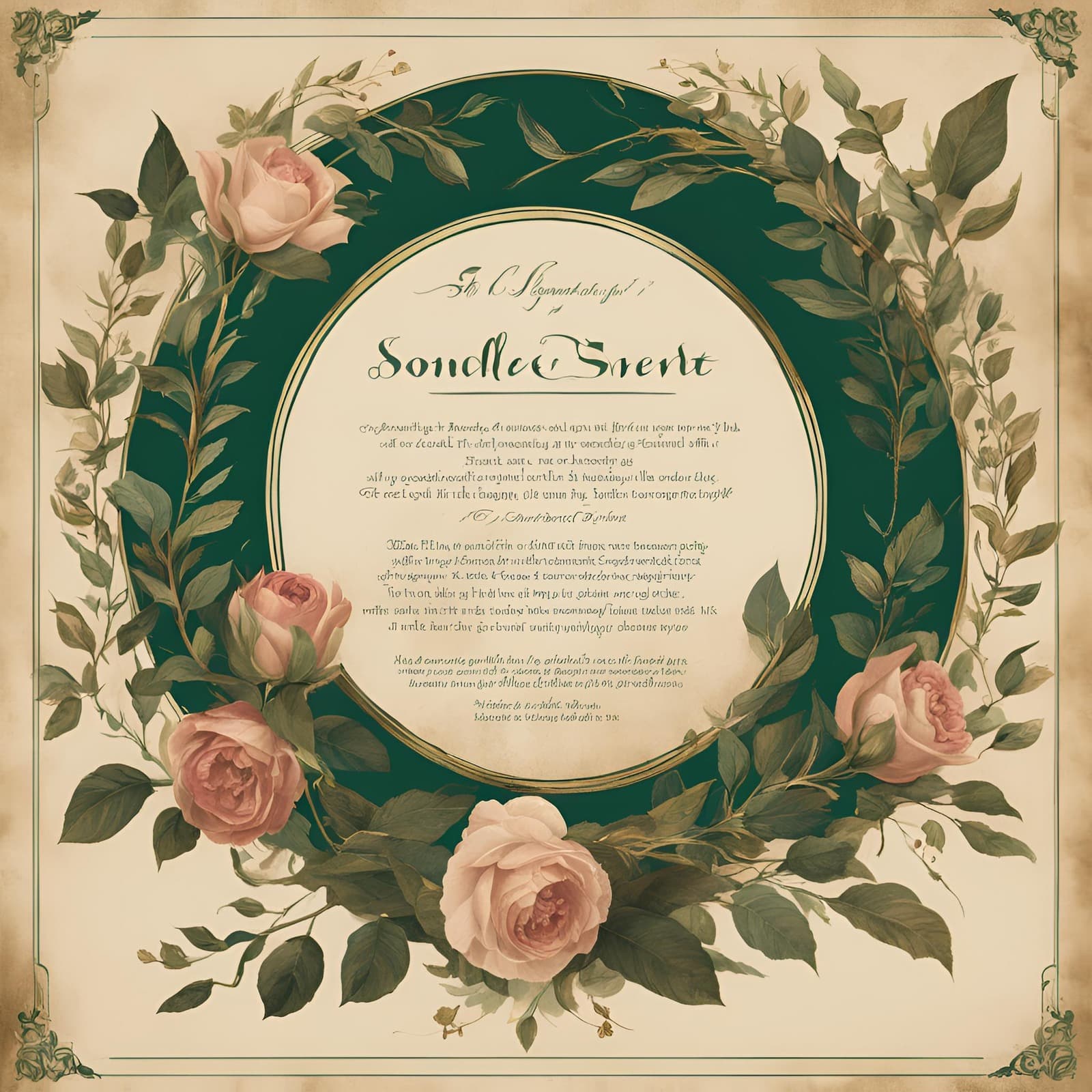莎士比亚十四行诗第106首 | 莎士比亚十四行诗
更新时间:1/19/2025, 12:32:31 PM

原文
When in the chronicle of wasted time I see descriptions of the fairest wights, And beauty making beautiful old rhyme In praise of ladies dead and lovely knights; Then, in the blazon of sweet beauty’s best, Of hand, of foot, of lip, of eye, of brow, I see their antique pen would have expressed Even such a beauty as you master now. So all their praises are but prophecies Of this our time, all you prefiguring, And, for they looked but with divining eyes, They had not skill enough your worth to sing: For we, which now behold these present days, Have eyes to wonder, but lack tongues to praise.
译文
我翻阅远古时代的历史记载,
见到最美的人物被描摹尽致,
美使得古代的诗歌也美丽多彩,
歌颂着已往的贵妇,可爱的骑士;
见到古人夸奖说最美的美人有
怎样的手足,嘴唇,眼睛和眉毛,
于是我发现古代的文笔早就
表达出来了你今天具有的美貌。
那么,古人的赞辞都只是预言——
预言了我们这时代:你的仪态;
但古人只能用理想的眼睛测看,
还不能充分歌唱出你的价值来:
至于我们呢,看见了今天的景象,
有眼睛惊羡,却没有舌头来颂扬。
注释
诗人追求关于古代美人的记载,发觉那些记载都是对于今日的爱友的预言。但古人的笔只预言了他爱友的美,不能预言他爱友的真与善。必须真、善、美三者都说到,才算“充分”地说到了他爱友的“价值”(第十二行)。即使是当代的人,也不能做到这一点。——第三、四行:我见到,美使得古代的诗歌因歌颂古代美人(贵妇和骑士)而成为优美的诗歌。第七行:“古代的文笔”,参照第59首第八行。